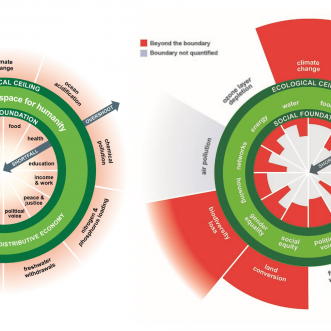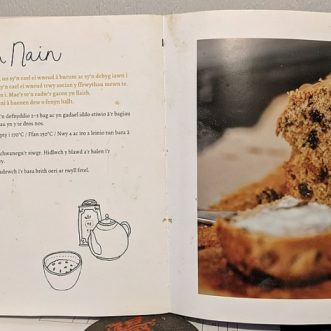
Love/Hate
There is much about being in charge of a company that every owner loves:
- being part of a team,
- working towards a common purpose
- camaraderie
- feeling that you’re not on your own
- seeing ideas come up from others – better than any you could have dreamed up
- seeing people grow and develop as a result of working with you – not just at work
- Seeing your vision come to life.
- The feeling of ‘I made this’.
There is also much about being in charge of a company that every owner seems to hate:
- telling people what to do
- making sure that they are doing it
- worrying about whether they will do it properly
- checking that they have done it properly
- doing it again yourself when they haven’t
- telling them they didn’t do it properly
- telling them (again) how you want it done
- dealing with disappointed clients
- performance reviews
- finding and hiring the right people
- seeing them go
- being the last to leave
- being the last to have a holiday
- being the last to be paid
- not getting to do any of the ‘real’ work
What if you could have the bits you love, without the bits you hate?
You can, if you think about where the bits you hate come from.
If you were building an office block, or putting on a play, or making a film, you would have something that told people exactly what it is you’re trying to create. You’d have plans, a script and stage directions, a storyboard. If you were writing a symphony you’d have a score.
These things don’t just describe the outcome, they document how it is arrived at.
It’s not the bricklaying or the carpentry you’re worried about, you know your team know how to do that. What you’re worried about as an owner is the look and feel of the thing, the experience the audience – your client – will have of the finished article.
When you started your business you lovingly and painstakingly handcrafted the client experience yourself, in collaboration with the people who ‘got’ what you can do for them.
You expanded your business first by freeing up more of your own time – by handing over specific jobs that require specialist skills – bricklaying, joinery, accountancy, hr, phone answering. These are generic jobs, with their own rules that specialists learn. But there comes a point where you have to hand over parts of the customer experience itself, whether that’s sales or delivery.
This is where the problems start.
The solution is startlingly simple.
Create a description of the customer experience and how to deliver it, that ensures everyone starts from the same level of understanding as you.
That way everyone gets what they love.








